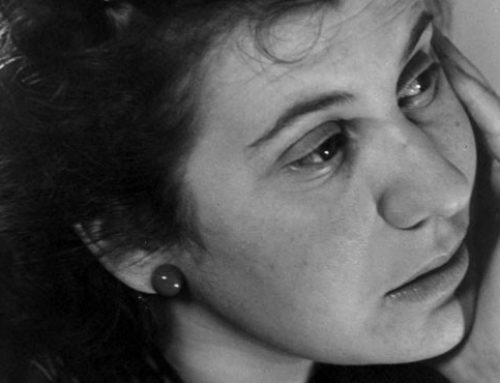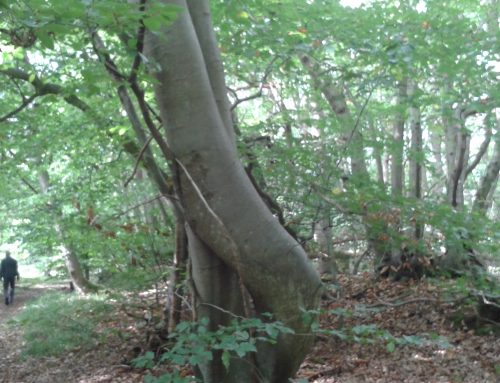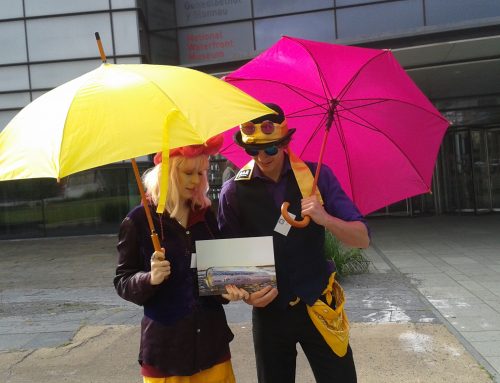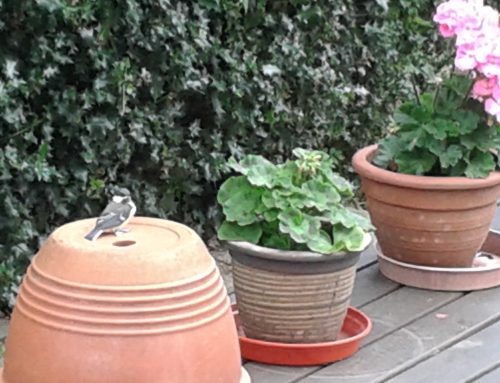I am just back from Ty Newydd, tutoring with Graham Hartill on the Writing in Health and Social Care course that first ran in 2008. It will run again for a seventh time in November 2013.
The week was stimulating, emotional, challenging, enjoyable and intense. Participants often comment on the length of the course – Monday evening to Saturday morning – and discuss whether it should be shorter or longer. My feeling is that it would have the same energetic trajectory whatever the length. A three hour workshop seems to follow a similar pattern to a one week residential course.
There’s a human impulse to impose structure and experience on the world. Poetry seems to be partly about this. There’s a fashion for sonnets and sonnet-sized thoughts at the moment. They sit elegantly on a single page in a book or on screen and maybe reflect something neurological in terms of how they are satisfying both to read and to write. Edna St Vincent Millay’s sonnet about sonnets sums this up.
I’ve become interested, though, in what might be seen as the opposite of a sonnet – a long, meandering, single stanza poem. I’ve asked a few poet friends whether this form has a name – no one’s provided a technical term but one calls it a ‘talking poem’. Examples I enjoy are Mary Oliver’s The Journey, Stanley Kunitz’ The Layers, Robert Hass’ Meditation at Lagunitas. Jack Gilbert’s poems speak to me powerfully at the moment, and the vast majority are in single stanzas of varying lengths. Of course these aren’t ‘formless’, at the very least they have a beginning and an ending but it’s hard to find where the beginning turns into the middle or the middle to the end. There isn’t the neat turn of a tradtional sonnet.
I’m aware that, for better or worse, I like structure in workshops, rather than a sense of them meandering. I’m back to thinking about plays now and three act dramas with Aristotle’s idea that ‘the whole has a beginning, middle and an end’. Typically in screenplays, the middle portion accounts for about half of the action so that the climax comes three quarters through. Certainly in a three hour workshop, the reading back of the main piece of writing comes, most satisfyingly for me, around two thirds in and tension is released or created when it happens too late or too early.
Of course, that’s an oversimplification and perhaps there’s a less apparent five act structure. Or possibly, underneath the superficial ‘action’, the emotional journeys follow a different trajectory. I suppose here, I’m talking about different kinds of unity – William Archer in his 1912 book, Play Making, discusses ‘three sorts of unity : the unity of a plum-pudding, the unity of a string or chain, and the unity of the Parthenon.’ I hope that a week at TN has the final kind of unity – although the puddings there are really something.
One of the ways a workshop is different from a play on the page or stage, is that the drama is simultaneously being written by everyone present as well as the outside world. I nearly wrote improvised but, whilst most responses are spontaneous and intuitive, I think there is something more directed than that, evidenced by frequent synchronicities in comments and in the writing.
It does seem miraculous that after the build-up of tensions, denouements, emotional climaxes that happen time and again on this course, that by Friday night, we seem to have reached what in Noh drama is called the final ‘dan’and a ‘return to peace and auspiciousness’. Although perhaps if any participants read this, they might tell me different …
4 Comments
Leave A Comment
You must be logged in to post a comment.











Only just caught up with this posting, Vicky, and very interesting to find that term ‘a talking poem’, as, coincidentallym after writing comparatively short poems, especially in elegy mode, for some years, I’m currently finding myself drawn to longer poems employing one single unbroken stanza. And also enjoyed reading about the dynamic of a writing course, I’ve had certain withdrawal symptoms since I stepped-down from running courses, and your words took me back to that intense and stimulating process! Px
Thanks for this Penny – how interesting that you are drawn to that form. Do you think it doesn’t have a name? I keep asking all the poets I know! Love Vicky x
I wonder if there is a technical name? Uni-Stanzaic? I call it (to myself) ‘longish poem in one unbroken stanza’! I really liked that term ‘ a talking’ poem… But mine are, often, quite meditative, so I guess those are a talking to oneself with the reader overhearing! Love, Px
[…] my post that referred to ‘talking poems’, see here, I have been corresponding with poet David Hart who coined the phrase. He sent me some examples […]